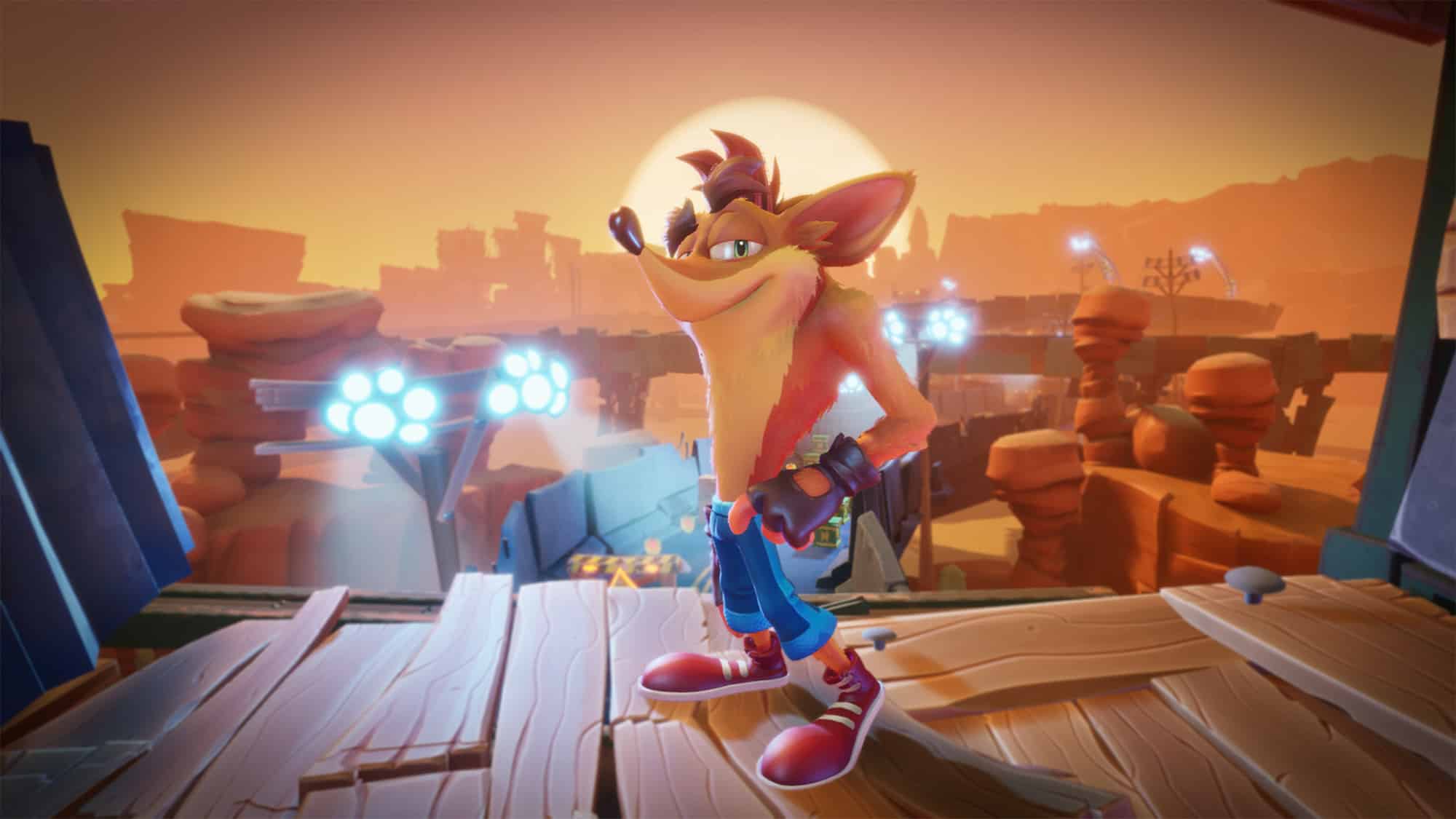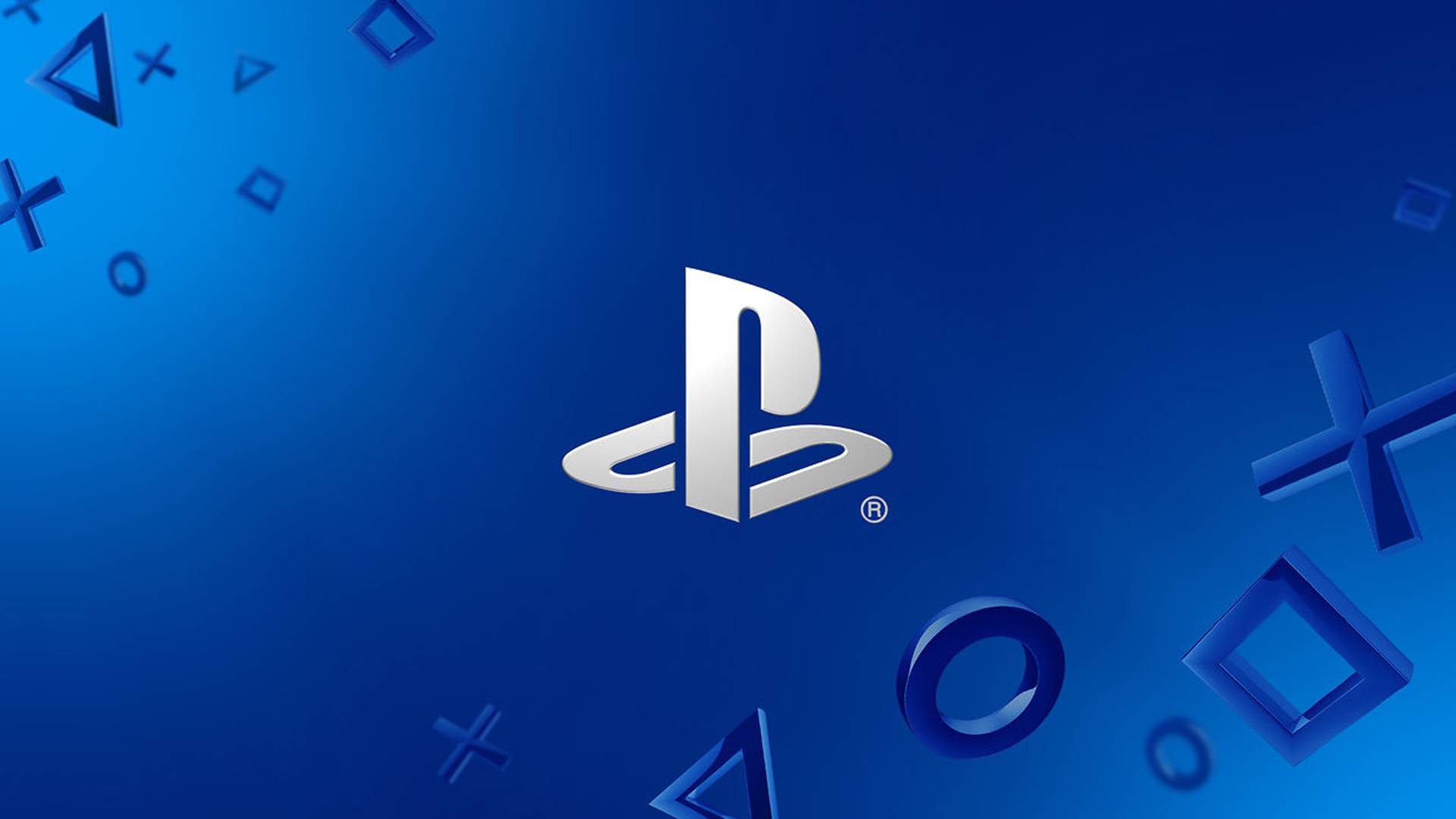Microsoft has officially completed its US $68.7 billion acquisition of Activision Blizzard, after two years filled with legal battles and concessions. Its greatest hurdle was in gaining the approval of the UK Competition and Markets Authority (CMA), a regulatory body which had initially blocked the deal over anti-competitive concerns – but changed course following appeal, and a range of offers from Microsoft.
The CMA announced it had approved Microsoft’s deal – which included the caveat of transferring Activision Blizzard game streaming rights to Ubisoft – on Friday, paving the way for the company to officially acquire Activision Blizzard. The move was confirmed with an SEC filing just hours after the CMA announced its decision publicly.
“In its original investigation, the CMA found Microsoft already held a strong position in relation to cloud gaming and blocked the deal,” the CMA said in its announcement.
“The sale of Activision’s cloud streaming rights to Ubisoft will prevent the distribution of important, popular content – including games such as Call of Duty, Overwatch, and World of Warcraft – from coming under the control of Microsoft in relation to cloud gaming. The restructured deal substantially addressed the concerns that the CMA had following its original investigation, which concluded earlier this year.”
Read: Ubisoft acquires cloud streaming rights for all Activision Blizzard games
It appears the offered concessions effectively addressed the CMA’s initial concerns, contribution to the final decision to approve the acquisition. With this hurdle cleared, Microsoft and Activision Blizzard are now planning for a merged future.
The immediate consequences of this deal are relatively clear: Microsoft now owns the rights to Activision Blizzard’s entire games library, which includes franchises like Spyro the Dragon, Crash Bandicoot, Overwatch, Call of Duty, Diablo, Candy Crush, Warcraft, and more. What that means for individual studios is less clear – but it’s likely changes will begin to kick in over the coming months.
Already, Microsoft has confirmed that Activision Blizzard CEO Bobby Kotick will only remain in his position until the end of 2023, as a means to aid the company’s transition into the future. We can expect to see other changes shortly.
“As one team, we’ll learn, innovate, and continue to deliver on our promise to bring the joy and community of gaming to more people,” Phil Spencer, Microsoft Head of Gaming said in a blog post. “We’ll do this in a culture that strives to empower everyone to do their best work, where all people are welcome, and is centred on our ongoing commitment of Gaming for Everyone.”
“Together, we’ll create new worlds and stories, bring your favourite games to more places so more players can join in, and we’ll engage with and delight players in new, innovative ways in the places they love to play including mobile, cloud streaming and more.”
Notably, Microsoft may still deal with opposition from the US Federal Trade Commission (FTC) in future, as the regulator has announced an intention to pursue an administrative case against the acquisition – but as it was made clear at the time, this case cannot prevent the closure of the deal.





